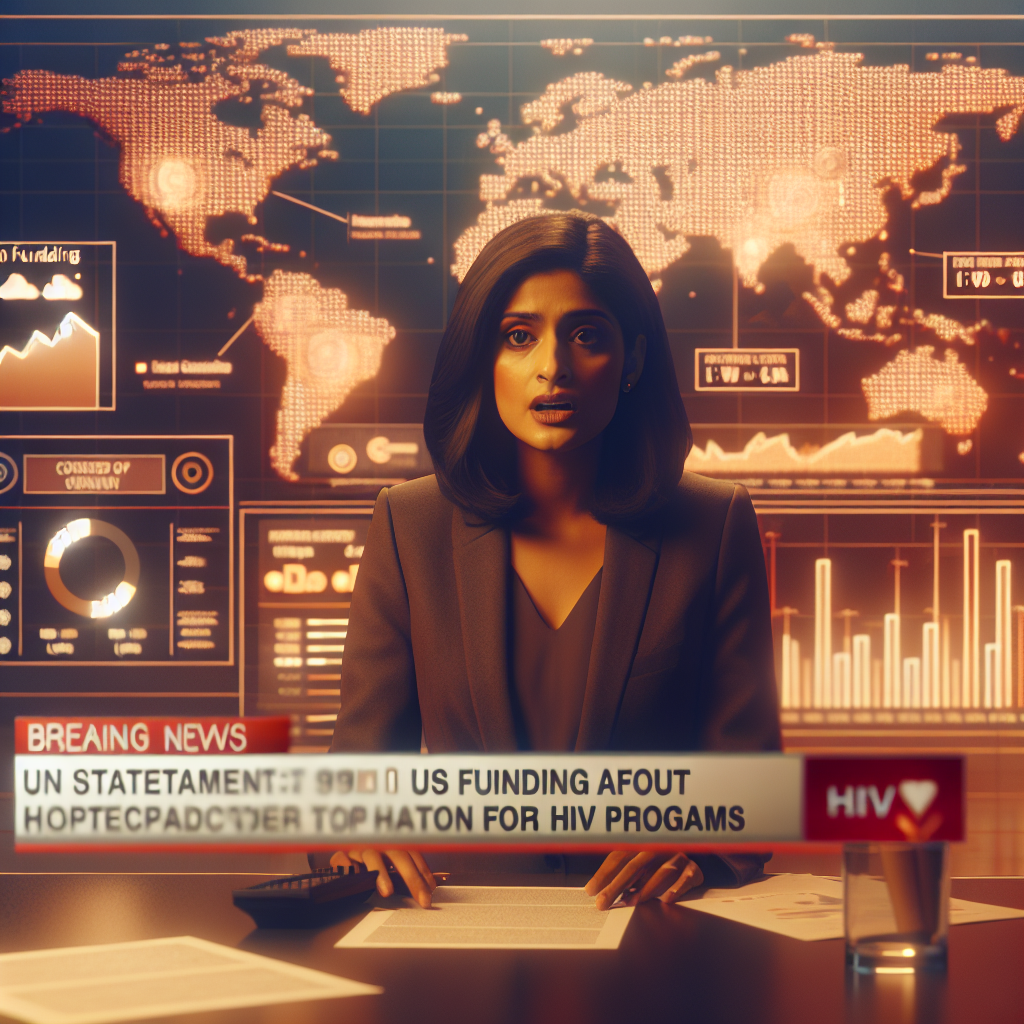The Challenge of Funding HIV Programs in Developing Countries

Addressing the Funding Gap for HIV Programs
The fight against HIV/AIDS remains a critical public health challenge, especially in developing nations. According to Tom Ellman of Doctors Without Borders, recent efforts in some poorer countries to self-fund their HIV programs are commendable but insufficient. The gap created by reduced U.S. financial support poses a significant threat to the sustainability of these vital healthcare initiatives.
The Shift Towards Self-Funding
- Emerging Trends: Some countries are making strides toward financing their own HIV treatment and prevention efforts.
- Local Initiatives: Community-based programs are increasingly prioritizing local funding sources.
- Investment in Health Infrastructure: Enhanced focus on healthcare infrastructure aims to improve service delivery.
The Importance of Continued Support
Despite positive movements, Ellman cautions that these efforts cannot fully replace the financial backing that the U.S. has historically provided. The implications of reduced funding are serious:
- Reduced Access to Treatment: Many individuals may lose access to vital medications and healthcare services.
- Public Health Risks: A rise in HIV infections could occur if prevention programs are compromised.
- Long-Term Effects on Communities: Vulnerable populations might face devastating consequences, reversing years of progress.
Conclusion
As countries work toward greater autonomy in their healthcare funding, the international community, particularly the U.S., plays a crucial role in supporting their efforts. Ensuring ongoing financial assistance and partnership is essential in the global fight against HIV/AIDS, ensuring that millions can access the treatment and care they deserve.
